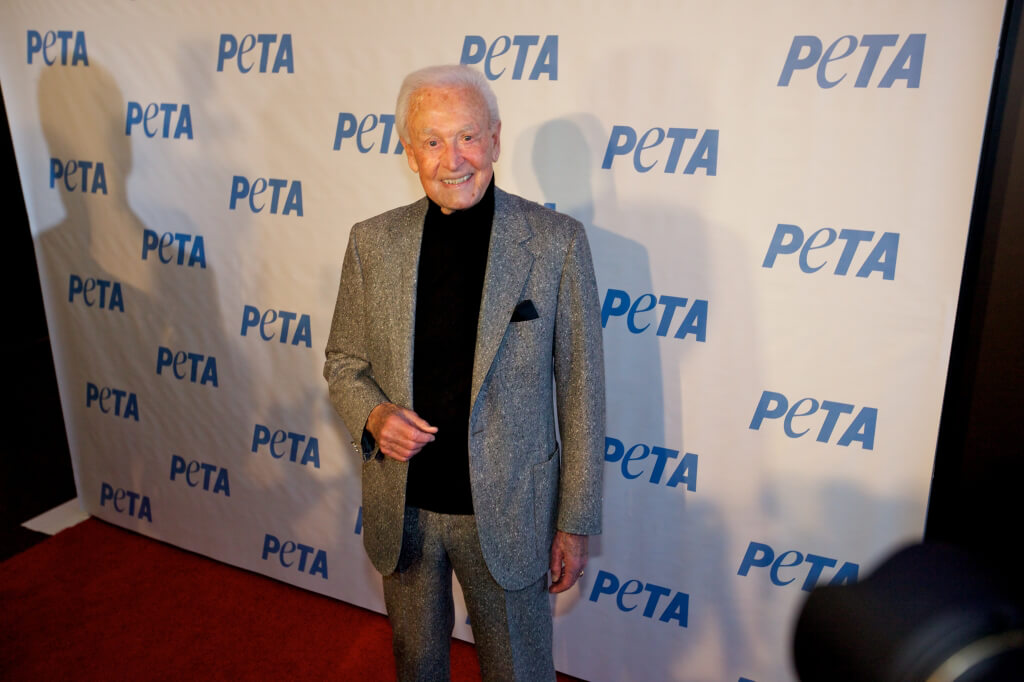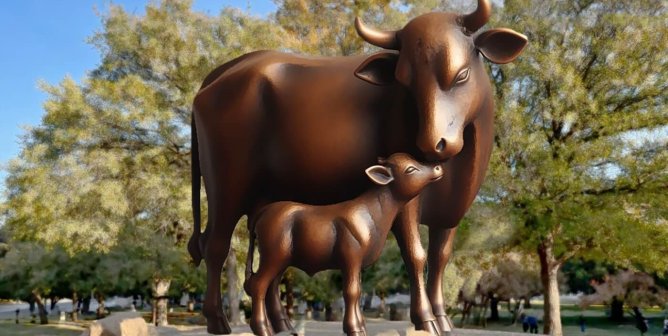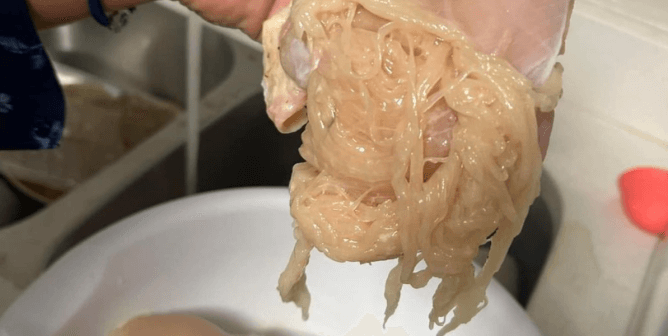‘Ag-Gag’ Scorecard: Animals and the First Amendment Are Winning
In a desperate attempt to protect themselves from public scrutiny, conceal animal abuse, and prevent consumers from learning the truth about the lives and deaths of animals in the meat, egg, and dairy industries, agriculture industry bullies have been lobbying for the passage of “ag-gag” bills across the country. These laws prevent eyewitnesses from exposing cruelty to animals, environmental and public health concerns, and violations of workers’ rights.
The laws aim to prevent exposure of abuse by banning people from taking photos or videos on farms, by making it a crime for an investigator to secure a job on a farm, or by requiring anyone who witnesses abuse to come forward and identify themselves within 24 to 48 hours, thereby making it impossible for eyewitnesses to prove that the abuse is routine and pervasive. The ability to present evidence of persistent abuse has proved crucial for PETA eyewitnesses in persuading law enforcement to get involved, having cruelty charges filed, and seeing offenders punished. These laws are not only transparent attempts to cover up cruelty but also violations of the constitutional right to freedom of speech.
But PETA and a coalition of advocates for animals and free speech are fighting back. So far, we’ve helped 19 states see how dangerous ag-gag laws are and they’ve all rejected proposed bills. We’ve also successfully had ones that had already been passed struck down, including in the latest victory in Kansas.
Here are the ag-gag victories that animal advocates have won (listed by state):
Kansas
In a major win in January 2020, a U.S. district court struck down the oldest ag-gag law in the country, which had stood in Kansas for nearly 30 years. (Perhaps not coincidentally, it was passed about 10 years after PETA was founded and began conducting investigations.) The Animal Legal Defense Fund, the Center for Food Safety, the Law Office of Matthew Strugar, local animal advocacy groups, and others sued to have the law overturned under the First Amendment. The court agreed, declaring it unconstitutional.
Iowa
Iowa’s ag-gag law was toppled in January 2019, when a U.S. district court granted PETA’s motion for summary judgment, ruling that the law could not survive constitutional scrutiny. Together with the Animal Legal Defense Fund, the American Civil Liberties Union of Iowa, the Center for Food Safety, Iowa Citizens for Community Improvement, Bailing Out Benji, and the Law Office of Matthew Strugar, we argued that the statute violated the First Amendment rights of freedom of speech and freedom of the press.
Wyoming
Animals and free speech won again in September 2017 when a court tossed out Wyoming’s ag-gag law. PETA pal Bob Barker had successfully urged his fellow Republicans (the main proponents of the measure) to reject the first version of the bill when it was up for consideration in the state senate. The state later passed a similar bill, but a lawsuit filed by Western Watersheds Project, the National Press Photographers Association, and the Natural Resources Defense Council saw it defeated.
Utah
Eyewitness Amy Meyer joined PETA and the Animal Legal Defense Fund in suing the state of Utah after she videotaped a cow who was too sick to walk being pushed by a front loader at Dale T. Smith & Sons Meat Packing Company in Draper, Utah. Meyer became the first person in the U.S. to be prosecuted under an ag-gag law, although the charges were dropped following explosive public outcry. The lawsuit, filed in July 2013, was the first to challenge the constitutionality of ag-gag laws, and a U.S. district court struck down the law in July 2017 as a result of it.
Idaho
The country’s first landmark ag-gag victory came in August 2015, when a U.S. district court struck down Idaho’s law following a lawsuit filed by PETA, the Animal Legal Defense Fund, the American Civil Liberties Union of Idaho, the Center for Food Safety, Farm Sanctuary, Western Watersheds Project, Idaho Concerned Area Residents for the Environment, political journal CounterPunch, Farm Forward, and others. Setting a precedent, the court determined that the law violated the First Amendment’s guarantee of the right to free speech. The judge also ordered Idaho to pay the nonprofit groups nearly $250,000 in attorneys’ fees. National Republican political consultant and PETA supporter Mary Matalin had spoken out against the bill before it was signed, sending an urgent video appeal to GOP members of Idaho’s House of Representatives urging them to oppose the legislation, as she did with ag-gag bills in many other states.
PETA, the Animal Legal Defense Fund, and other groups are currently working to have the ag-gag law in North Carolina invalidated, and many of our allies are working on the Arkansas statute.
What You Can Do
You can help prevent cruelty to farmed animals by always leaving them off your plate.





